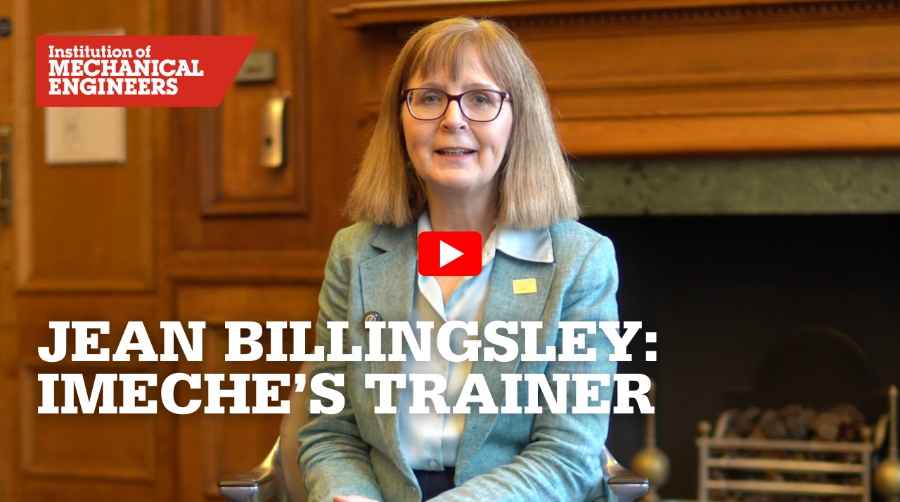Summary
This course emphasises the need for a clear definition of specification requirements combined with the ability to communicate them effectively to third parties.
Watch the video to find out more...

In today’s business climate of fragmented supply chains and bigger projects delivered by consortia, a detailed and high quality specification is the key to project success. However, writing a specification draws on many diverse topics – project management, engineering practice, law, grammar, word usage and even philosophy – all of which are touched on in this practical 2-day course.
This course starts with the role of the specification in the project, its legal status and the needs of the various stakeholders. Using a range of practical tools and techniques, we will cover a systematic approach to structuring and writing the specification that builds in quality, detail, methods of verification and clear communication.
Session plan
Session 1: Best practice & process
Session 2: Structure & templates
Session 3: Correct language & format
Session 4: Pulling it all together
Coaching sessions
You can choose to purchase a package of two 60-minute coaching sessions with this course, at a discounted price if purchased together, to help you embed the skills from the course in to your own documents. This will allow you to impress your Manager, increase your sphere of influence and enhance your career.
The coaching sessions will be scheduled as necessary over the following month to provide you with a unique opportunity to discuss any issues you are facing with an experienced coach.
Verified by an engineer, Carl Baxendell, AMIMechE
"I think it’s fair to say that the learning transcends into many areas. The concepts of clear sentences and unambiguous terminology have been incredibly useful in many areas of my work."
Read more
Who should attend?
This programme is suitable for engineers at all levels.
How will I benefit?
After the course you will be able to:
• Explain the role and purpose of specifications and the different types.
• Identify the role of specifications in managing projects.
• Define and prioritise the detailed requirements.
• Structure a specification to clearly get the point across.
• Write clear, unambiguous English.
• Understand the procurement cycle.
• Prepare, edit and approve specifications more quickly.
• Identify commercial and contractual issues and take steps to avoid them.
• Know how specifications should be issued, modified and controlled.
• Reflect on personal examples and experiences.